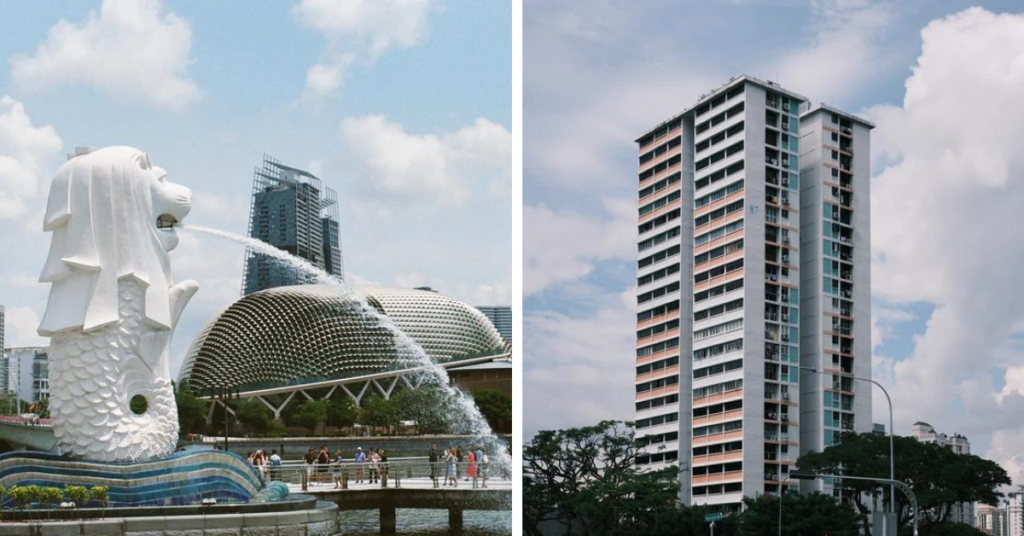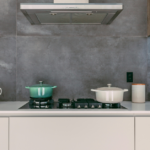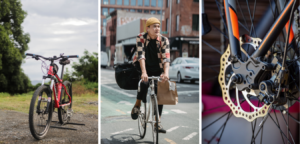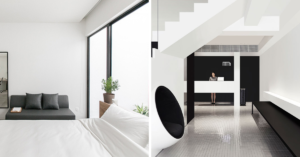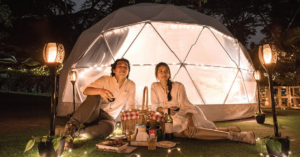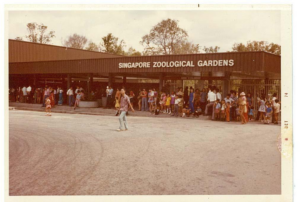Singapore City. Famously known as a cosmopolitan town, featuring global and stellar reputations, owning numerous fascinating real estate all around the island. But, outside the province buildings and famous luxury homes, Singapore real estate may provide some intriguing options—especially for traders and first time homebuyers, seeking to invest in Malaysia’s famous neighbour.
Despite ranking as the ninth most expensive place to live, most Singaporeans can still manage to buy a property because of comprehensive government initiatives such as market control and economic subsidies. In 2019 the home buyer rate in Singapore surprisingly reached 90.4 percent. So as you can see, it is actually quite easy to purchase a property here. All you need is a good dealership, the skill of finding strategic locations and knowing your basic rights as a potential home buyer.
Ready to move in? Glitz helps list out the basic do’s and don’t before deciding to buy a house in the Lion City. Once you get the keys, the party is on to discover the Asian’ richest city.
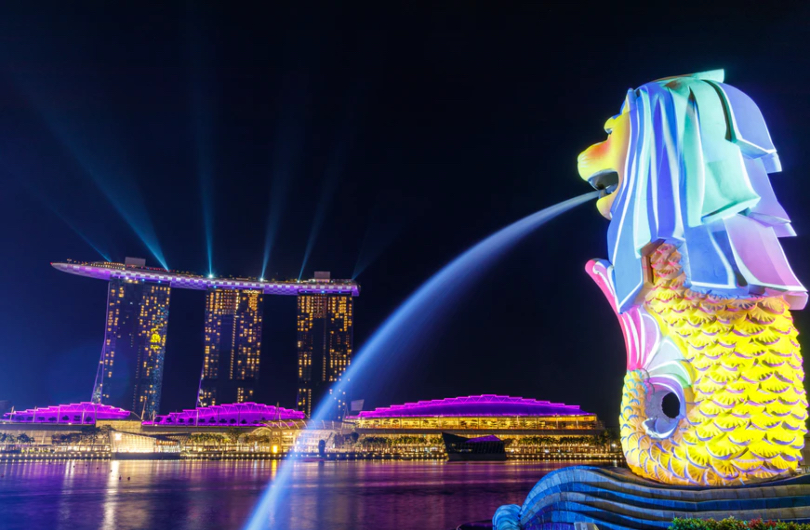
Types of Properties in Singapore
Contents
First, you need to understand that this property fervour is defined by an environment in which market growth for private property is matched by targeted government programmes to assure adequate housing for residents. The Housing Development Board (or HDB Singapore), the official organisation in charge of public housing, owns and manages the majority of property in Singapore.
HDB Singapore manages over than three-quarters of all property in the country. Singapore is a country that grows up significantly more than it does out, owing to its limited geographic size and insufficient building land. Singapore currently comprises three categories of properties.
- HDB flats
- Private properties
- Executive Condominiums (ECs)
1. HDB Flats
Unfortunately, only Singaporean nationals or legal residents are eligible to own Housing Development Board homes, but only if certain conditions are met.
2. Private Properties
Singapore has severe restrictions regarding the sale of land or private ownership, which means that foreigners are not permitted to purchase assets such as bungalows, town houses, and rooftop houses without legal authorization. Foreigners, however, are allowed to possess a freehold residential landed property with a rental period of no more than seven years.
3. Executive Condominiums
Foreigners are fully allowed to purchase executive condominium units in any property under the Planning Act, as well as condominiums or flats in private constructions with more than six storeys.
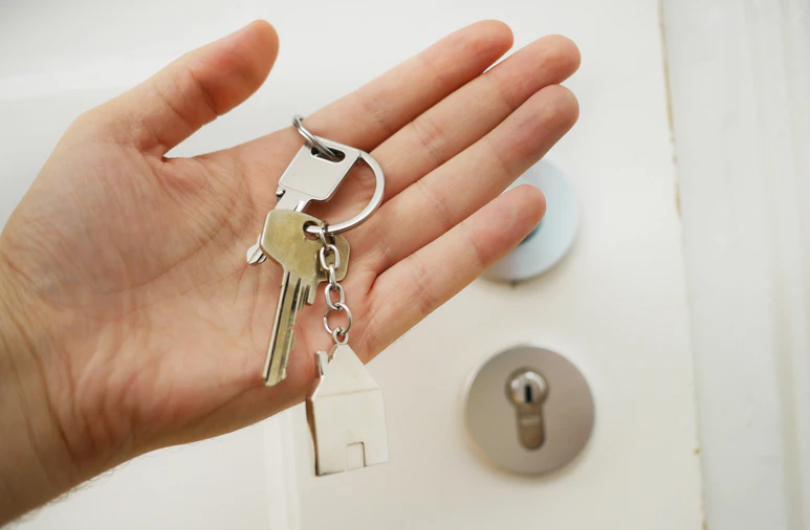
Additional Conditions to Buy Property
If you locate a property on the market in Singapore that matches the criteria listed above, it’s good to reflect about the financial regulations of the Singapore property market. Foreigners are more sensitive to varying stamp duty rates than locals.
1. Buyer Stamp Duty
It relates to all transactions—whether international or domestic. It has tiers of duty dependent on the price of the property. The most recent BSD rates may be found on the site of Singapore’s Inland Revenue Authority (IRA).
2. Additional Buyer Stamp Duty
This refers to all Singaporeans purchasing a second or additional home, as well as all international property investors. This is similarly decided by Singapore’s IRA, and is now a fixed rate of 20% for immigrants.
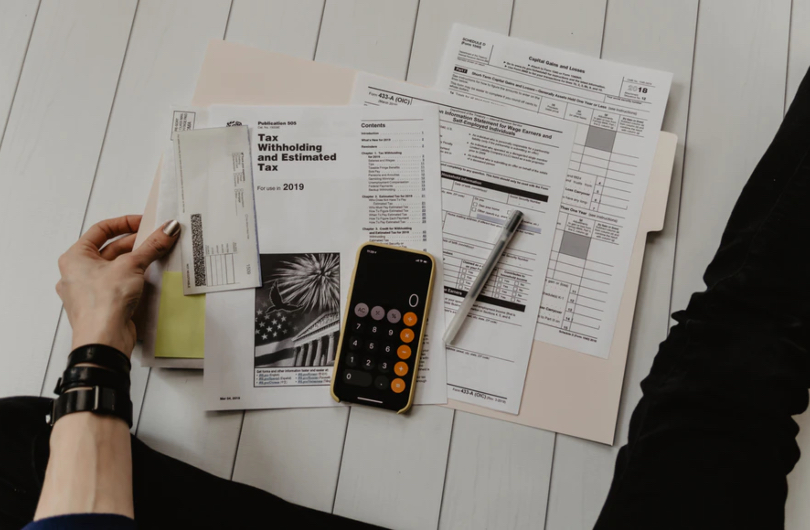
Who Can Buy Properties in Singapore?
If you are acquiring a refurbished HDB apartment as part of a shared family nucleus, you must be at least 21 years old. This includes:
- Buying property and shared with family members
- Buying property and shared with siblings
- Buying properties for parents (under your name)
Whereas, the minimum legal age for acquiring a resale HDB apartment as a single individual (unmarried or divorced) is 35 years old. If you are divorced or orphaned, the legal minimum age is 21.
How Much Loan Can I Borrow For HDB?
You can request for a HDB Concessionary Loan if you are purchasing a HDB flat. For HDB housing loans, the Loan-To-Value (LTV) limit is equivalent to 90% of the house value or buyout price, and see which is lesser. The extra 10% down payment can be paid in cash or using your CPF funds.
If you are purchasing a HDB flat, you can also obtain a private bank loan. Private bank loans have an LTV restriction of up to 75% of the property worth or sales value. The rest of 25% is divided into two parts: 20%, which may be paid in cash or with your CPF earnings, and a mandatory cash contribution of at least 5%.
Remember to use a financial comparison app like SingSaver to identify the best home loan interest rates.
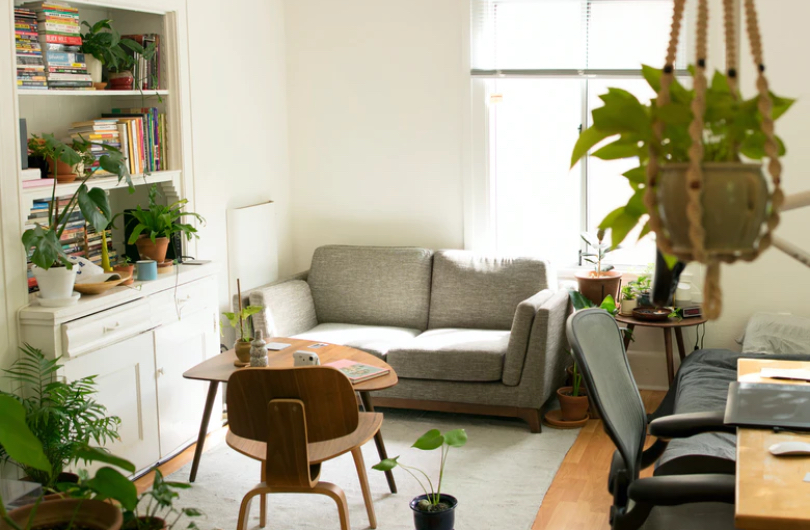
So, Can Foreigners Own A Property?
Yes! Foreigners can purchase property in Singapore—(see above under executive apartment pointer). Despite the fact that the Residential Property Act of 2005 imposes strict limitations. But do note that, when deciding on the type of property to purchase, housing selections for foreigners are quite limited. Foreigners can only own extra flats or shared rental apartments in buildings with fewer than six floors; if you want to live higher up, you must obtain government clearance. The Singapore Property Authority must provide approval for unoccupied land.
For more beauty infos, make sure to follow us on Instagram and Facebook! Also, check out our Insider Mall to Shop & Get Rewarded!

